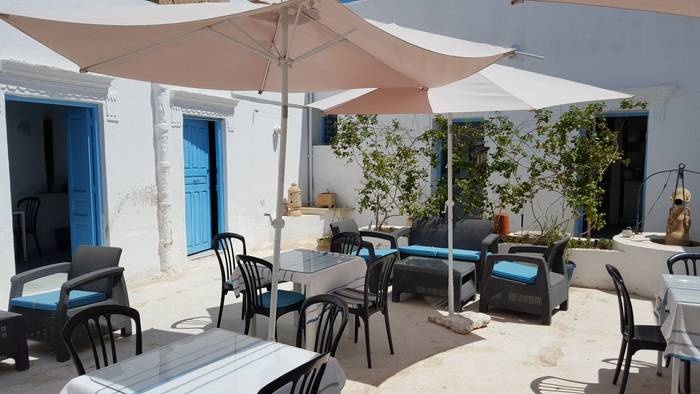Algeria
WELCOME TO Algeria
Country Overview
Algiers
2,381,741 km2
44 Million
Arabic
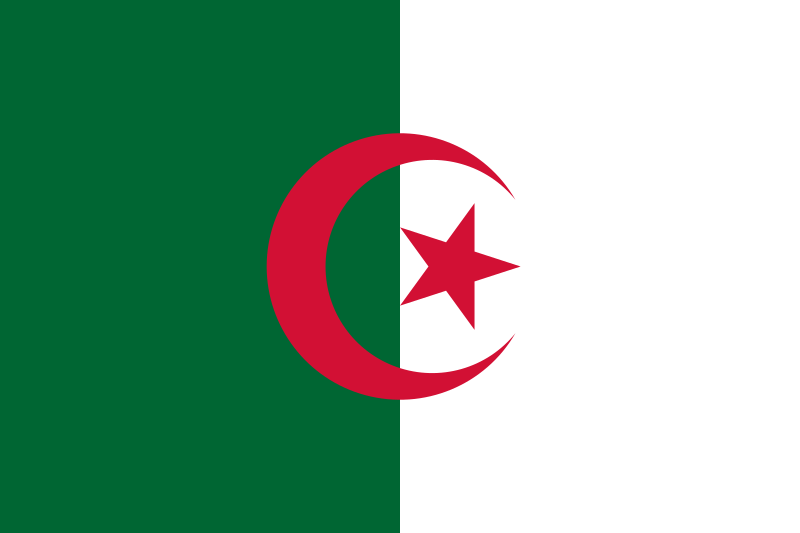
Popular
Geography and Tourist Attractions
Information about the country's tourist attractions, including popular destinations, events, and activities.
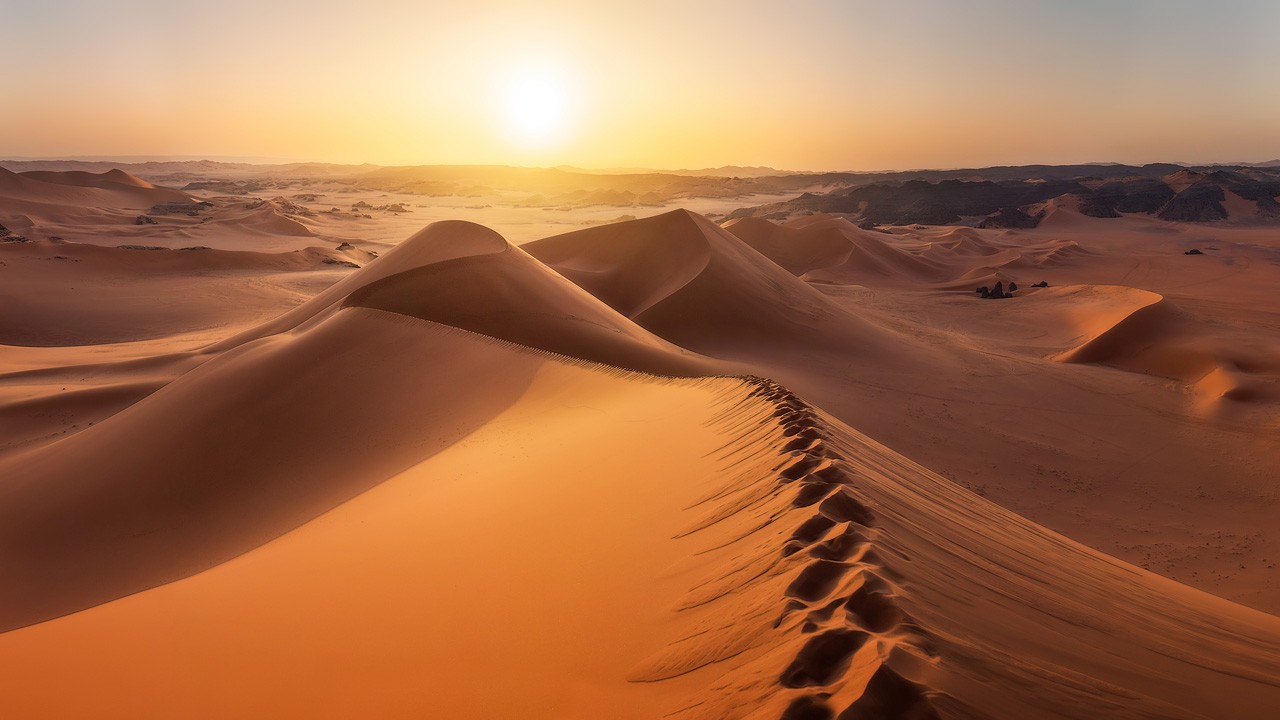
Sahara Desert
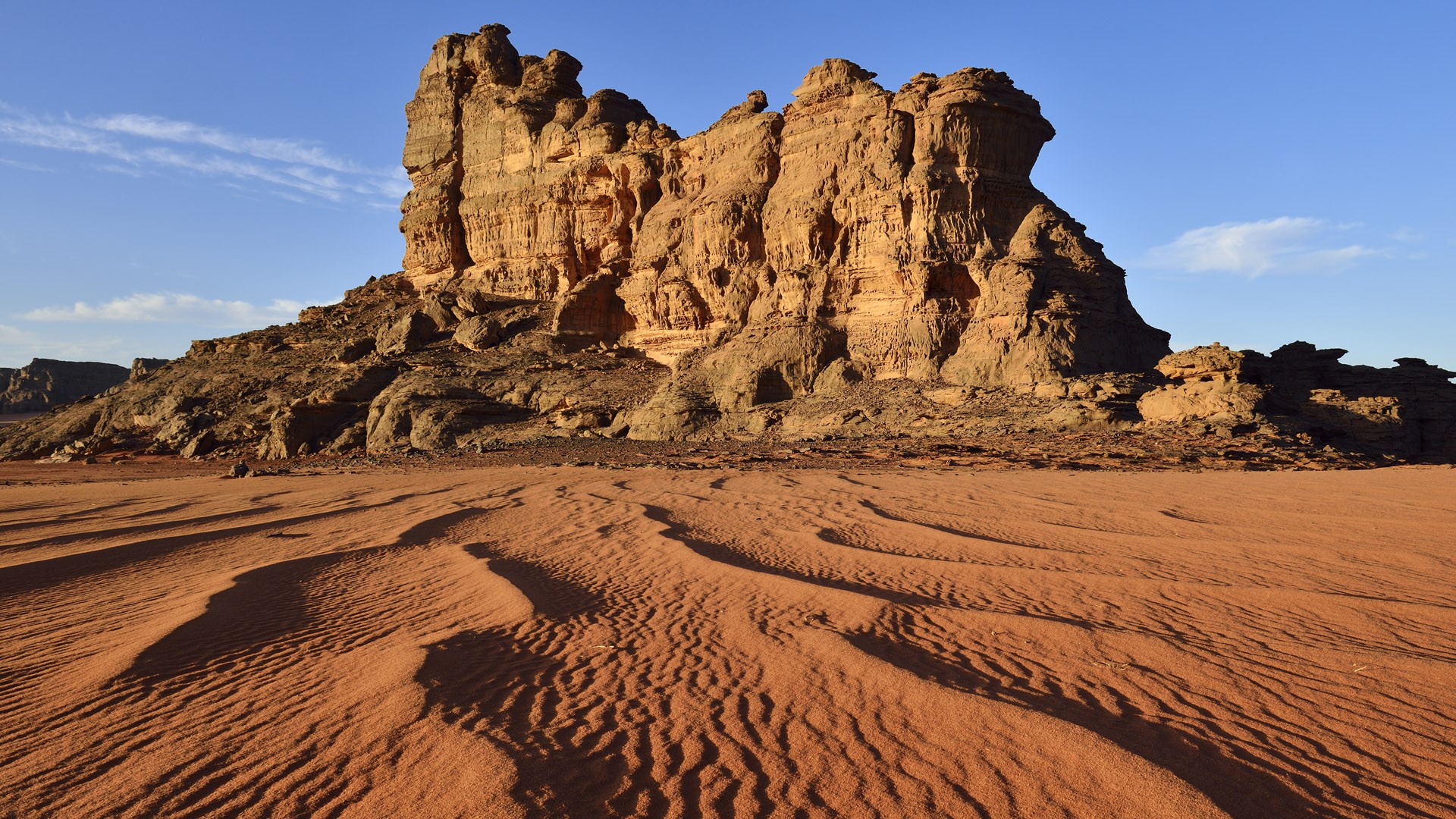
Tassili n'Ajjer National Park
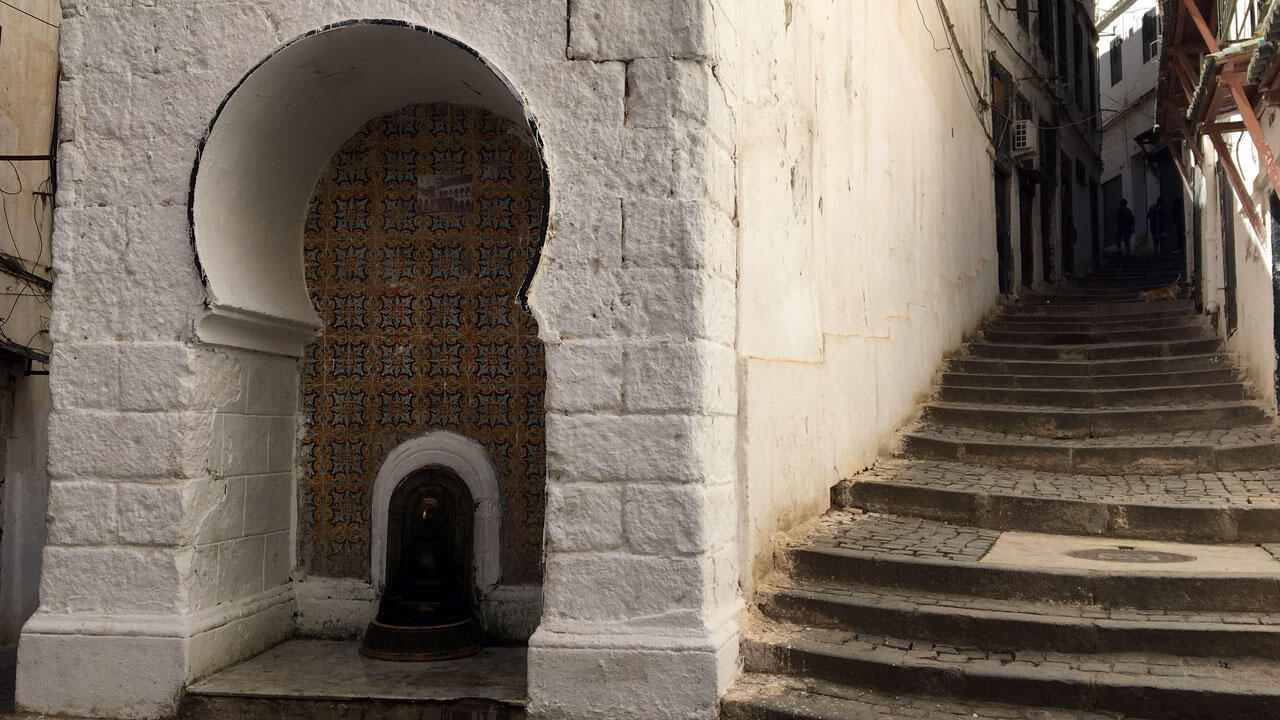
Algiers Casbah
Political
Economy and Government
Algeria is a developing country with a mixed economy that is heavily dependent on its oil and gas reserves. The government controls the country's major industries, including energy, transportation, and telecommunications. Despite being one of the wealthiest nations in Africa, Algeria faces several challenges in its economic development, including high unemployment, low productivity, and a lack of diversification.
The government has implemented several policies aimed at addressing these challenges, including efforts to attract foreign investment, increase private sector involvement, and promote economic diversification. However, corruption, bureaucracy, and political instability have hindered progress in these areas.
Algeria's government is a semi-presidential system with a president who serves as the head of state and a prime minister who serves as the head of government. The country has a bicameral parliament consisting of the National People's Assembly and the Council of the Nation. Despite being officially a democratic republic, the country's political system has been criticized for lacking transparency and suppressing political opposition.
Overall, Algeria faces both opportunities and challenges in its economic and political development, and its success in addressing these issues will be critical in determining its future growth and prosperity.

History
History and Culture
Algeria is a country with a rich and diverse history and culture. The region has been inhabited since prehistoric times, and over the centuries, it has been influenced by various civilizations, including the Phoenicians, Romans, Arabs, Ottomans, and French.
Algeria's indigenous culture is primarily Berber, and the Berber people have a long history of resistance to outside domination. In the 7th century, Arab invaders introduced Islam to the region, which became the dominant religion and remains so to this day. The country's history has also been marked by a series of conflicts, including the Algerian War of Independence against France in the 1950s and 60s.
Algeria's culture is a blend of its indigenous Berber traditions and Islamic influences, as well as French and other European influences. Algerian music and dance are particularly renowned, with styles ranging from the traditional chaabi to modern raï. The country is also known for its cuisine, which includes dishes such as couscous, tajine, and pastries like baklava.
Despite challenges faced by the country, Algeria remains a vibrant and culturally rich nation, with a fascinating history and diverse traditions that continue to evolve in the modern era.
HOTELS
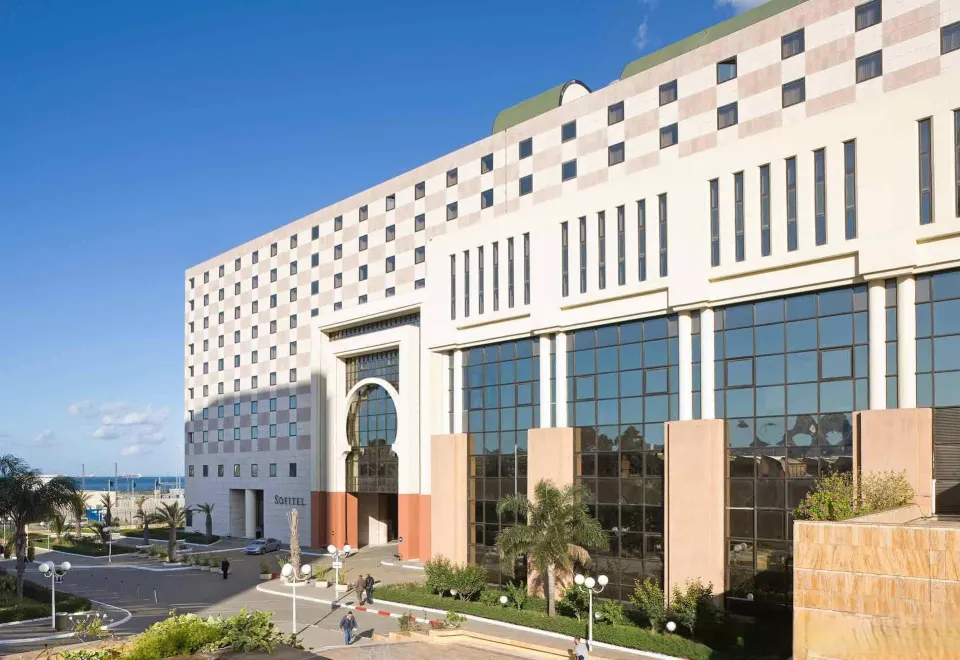
Sofitel Algiers Hamma Garden
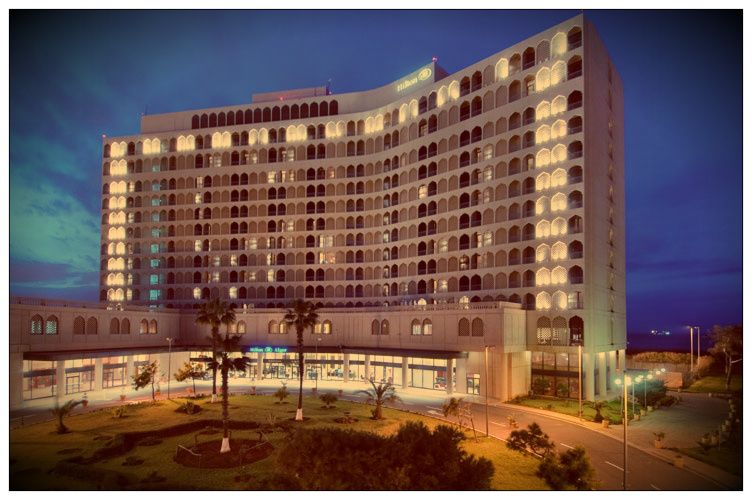
Hilton Algiers
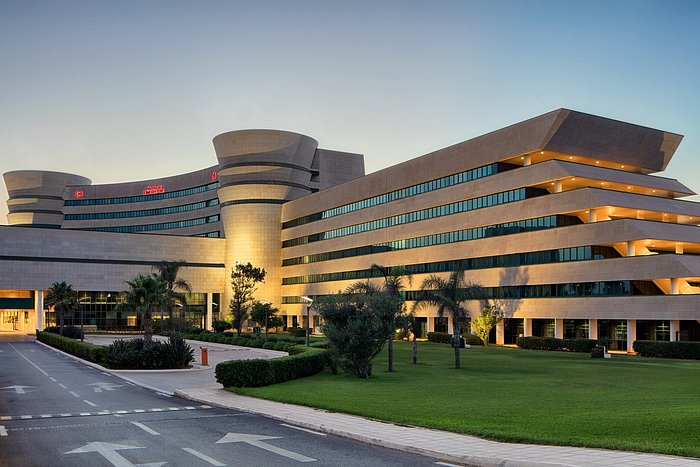
Sheraton Club des Pins Resort
RESTAURANTS
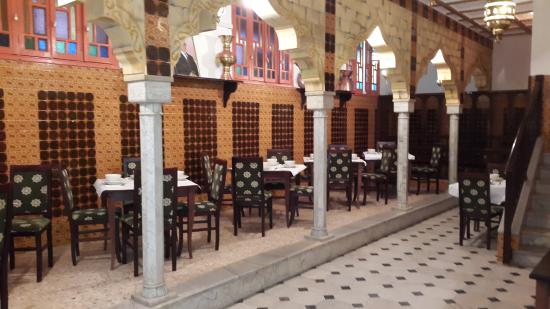
Restaurant El Djazaïr
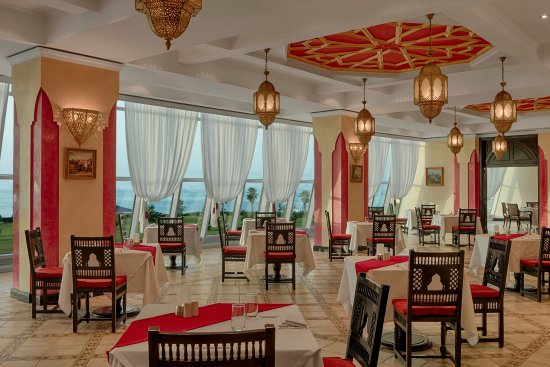
Le Saladin
